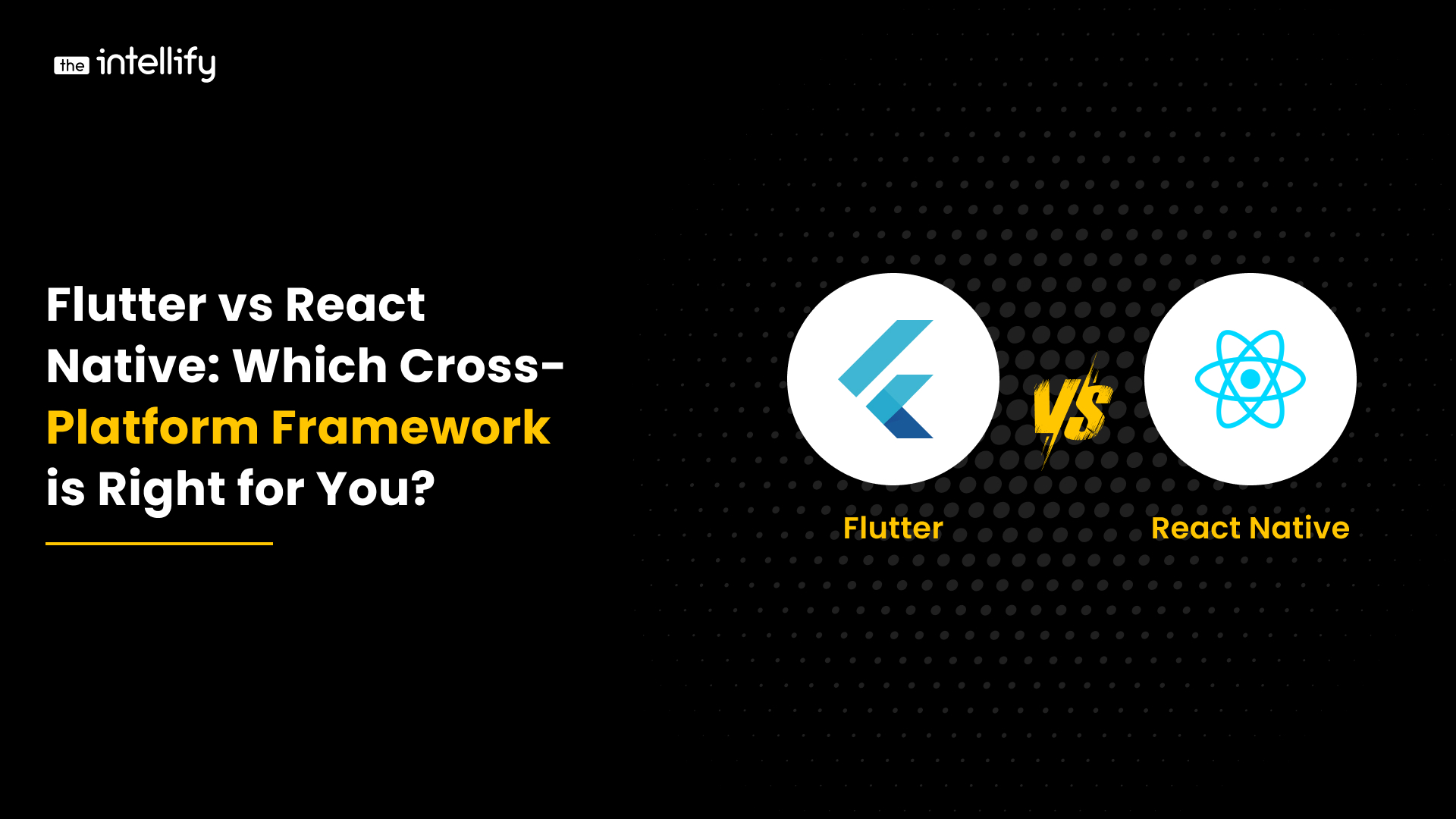
Two names stand out about cloud computing: Microsoft Azure and Amazon Web Services (AWS). They both provide innovative tools and services. That impacts millions of lives and drives innovation on a global scale. To assist you with making a well-informed choice, the blog will explore AWS vs. Azure in great detail. Whether you’re a business owner looking for the perfect technology platform or considering a career in the cloud industry, knowing what each provider offers and its drawbacks is essential.
Introduction to AWS
In 2006, Amazon Web Services (AWS) was the first to provide cloud computing. That completely changes how companies store data and operate apps. After launching innovative products, including Elastic Compute Cloud (EC2) and Simple Storage Service (S3), AWS became the market leader. With over 200 services distributed over 99 availability zones in 31 locations globally, AWS claims an impressive 33% market share. And yearly sales reaching up to US$90.8 billion in 2023. Owing to AWS’s dependable infrastructure and scalable solutions, prominent customers like LinkedIn, Netflix, and Facebook depend on the company.
Introduction to Azure
Microsoft Azure services, launched in 2010, became one of AWS’s main rivals in cloud computing. Azure changed to meet the market’s changing needs after its start as a Windows OS add-on. Even though it came out later, Azure’s 200+ cloud services serve various sectors, from healthcare to finance and government. Over 70% of all enterprises and an astounding 95% of Fortune 500 corporations are served by Azure, owing to its extensive global infrastructure that spans 60+ regions and 200+ data centers. Azure has gained a large market share of 23%.
Advantages of AWS and Azure
Both AWS and Azure offer different advantages to their users.
Benefits of AWS

User-Friendly
The intuitive design of AWS’s user interface makes it suitable for beginners. Anyone with a free tier account may explore the website. To top it all off, AWS has extensive documentation that simplifies understanding its services and integrations.
Data safety
One of AWS’s main concerns is security. The platform uses IAM, or Identity and Access Management, to restrict resource access to approved users only. Also, Transport Layer Security certificates further safeguard data by encrypting it at rest.
Storage
You may find a wide range of storage choices that meet your requirements on AWS. Amazon Simple Storage Service (S3) buckets provide large amounts of space, making it simple to back up and archive data. Companies can keep their data assets safe and sound.
Multiple Back-Ups for Each Region
AWS provides geographic redundancy via its global network of data centers. That increases data availability and resilience. By storing data in several places, users can protect it against unforeseen failures and reduce the possibility of data loss. This decentralized design improves dependability and guarantees that companies can operate without interruption.
Scalability
Due to AWS’s scalable solutions, companies can adjust to changing needs. AWS is the way to go to maximize resources and manage expenditures. You can scale up when traffic is high and down when activity is low.
Cost-effective
With AWS’s pay-as-you-go pricing approach, companies pay for the resources they use. This allows optimizing costs based on real-use patterns without making prior infrastructure expenditures.
Benefits of Azure

Speed
Azure guarantees quick performance because of its global presence and data centers worldwide. Businesses can increase the capacity of their infrastructure by enhancing their service plans. And incorporating new features without disruption.
Pre-Built Tools
Azure provides various pre-built tools and services to make deployment easier. Cloud architects may use these technologies to speed up development and decrease time-to-market. Azure allows for more rapid innovation. And better use of resources by doing away with the need to build solutions from the ground up.
All-inclusive Services
Azure offers end-to-end services throughout the development and deployment process. You can manage all your processes in one location, from source control to delivery. With this integrated strategy, teams like development. And operations can work together without problems, maximizing productivity and reducing disruption.
Security
Azure provides robust safeguards for data and applications, focusing on security and compliance. Azure protects against security risks and unauthorized access with capabilities like Identity. And Access Management (IAM) and advanced threat prevention.
AWS vs. Azure: Major Differences between AWS and Microsoft Azure
The two most prominent cloud providers, Microsoft Azure and Amazon Web Services (AWS), compete for a larger market share. While transforming the information technology industry. Let’s compare their features and services in more detail so you can choose the best one for your company.
Networking
- AWS
Virtual Private Clouds (VPCs) are available via a comprehensive architecture on Amazon Web Services (AWS). That spans 24 worldwide regions, 77 availability zones, and 210 edge locations. Quick deployment and response time are made possible by this architecture.
- Microsoft Azure
Microsoft Azure offers a Virtual Network (VNET) with over sixty regions. And one hundred seventy points of presence (PoP). Azure prioritizes network isolation for safe, adaptable, and efficient service delivery.
Storage
- AWS
One of AWS’s most prominent features is its Simple Storage Service (S3). Which stores objects and huge blocks. When an instance starts, storage is allocated. Big Data, NoSQL, and relational databases are among the many AWS supports.
- Microsoft Azure
You may find more backup, retrieval, and archiving choices on Azure, site recovery, and import/export tools. Azure’s solutions handle data storage issues using file system services, blocks, and disc drives.
Computing Power
- AWS
One of AWS’s main computing offerings is Elastic Compute Cloud, or E2C. Other premium AWS services include Lambda and Elastic Beanstalk. These services are also adaptable to scaling and monitoring cloud applications. AWS also provides container technologies like Kubernetes and has many operating systems available for buying via its Marketplace, Amazon Machine Images (AMI). Users can tailor computers to their own needs by configuring cores and memory.
- Microsoft Azure
Azure’s infrastructure includes virtual machines, container services. And app functionalities, making it a major player in the cloud computing services market. The Azure Marketplace offers many templates, such as SQL Server, Firewall, Ubuntu, and more. Users can customize and deploy computing resources by selecting standard VM sizes and geographies from the marketplace.
Data Repository
- AWS
The many relational database choices AWS provides are extensive, including MariaDB, Oracle, PostgreSQL, MySQL, and Amazon Aurora. When it comes to handling structured data and making sure things last, these databases are perfect. About data storage, AWS has you covered with DynamoDB, a managed NoSQL database service that can adapt to your company’s demands.
- Microsoft Azure
About relational database administration, SQL Database, PostgreSQL. And MySQL are all available on Azure. When managing structured data, these alternatives provide compatibility and variety. Azure provides Cosmos DB, a distributed, multi-model database service to please the needs of contemporary applications that need flexible and extensible data storage solutions.
Content Delivery Network
- AWS
AWS provides CloudFront as a content delivery network (CDN) service. CloudFront’s efficient content delivery is made possible by caching material on servers in adjacent local areas and its seamless integration with the Simple Storage Service (S3). Startups and enterprises looking for affordable CDN solutions often choose CloudFront because of its reputation for affordability.
- Microsoft Azure
With Azure’s CDN service, customers can distribute high-bandwidth content to consumers, along with real-time analytics and improved security features. It can cache material from accessible Azure storage blobs, is scalable, and manages large loads. No matter the size of your company, Azure CDN will provide reliable and powerful performance.
Application Development Resources
- AWS
Over twenty different solutions for IoT, AI/ML development tools are available on AWS. Developers may use these tools to construct speech interfaces like Alexa using technologies like Lex. Furthermore, AWS serverless technologies such as Lambda for serverless computing. And AWS Fargate for simple cloud application deployment.
- Microsoft Azure
Due to Azure’s seamless integration with Microsoft software. And apps, users may connect Azure Cognitive Services with their current tools. Azure DevOps pipelines and Azure Functions are great if you’re looking to streamline complicated procedures. Azure Bot Service, Time Series Insights, IoT Edge. Stream Analytics are a few of its AI and Internet of Things (IoT) capabilities, giving developers all the tools they need to build cutting-edge apps.
Cost
- AWS
The intricate pricing structure of AWS can need the use of third-party tools for administration. AWS’s five main price models include On-Demand, Spot Instances. And Reserved Instances, ideal for optimizing costs and making long-term commitments.
- Microsoft Azure
Typically, according to their actual consumption, Azure charges customers on an as-you-go basis. Users may take advantage of Azure’s Spot Instances. And Reserved Instances reductions, which enable them flexibility and cost savings.
Security
- AWS
Being the most established and long-running cloud platform. AWS has faced and overcome several security issues. A few of the strong security features offered by AWS include protection against data loss, monitoring of API activity. Threat information with Guard Duty, and isolation through granular IAM and security groups. Furthermore, AWS Inspector and similar tools make vulnerability evaluation a breeze.
- Microsoft Azure
Azure Active Directory is the backbone of Azure’s centralized security architecture. This enables more efficient handling of permissions and authorizations across different services. With Azure, you can secure your application from networking to compute storage, identity management, and access control.
AWS vs. Azure: Which one should you choose for your Business?

There is no clear winner in the competition between Azure and AWS. Azure better fits your company’s requirements than AWS, even if AWS seems better. It’s a game where any platform might win at any moment.
Companies that need to recognize the value of cloud computing will stay caught up. While those that do will thrive. Working with an experienced cloud application development company like The Intellify may help you make the most of the opportunities cloud computing presents. AWS and Azure provide first-rate goods and services.
There is no correct answer to which cloud platform is better, Azure or AWS. A multi-cloud approach allows organizations to use the best features offered by each cloud platform. While AWS is great at providing various tools. And infrastructure choices, Azure is good for those requiring Windows integration. How well each platform satisfies your organization’s needs will determine the final decision.
Conclusion
Both platforms have captured a significant market share with attractive features and reasonable pricing. Important considerations for professional progression include market demand, work prospects, and learning ease. Making a well-informed choice requires weighing all the factors and aligning with the platform that caters to your professional goals. And business requirements. It would help if you collaborated with a good app development company like The Intellify for better understanding and results.
FAQs
Should I get my certification in Azure or AWS cloud computing?
With AWS, you can choose which languages, databases, and operating systems to use. Azure is the way to go if you want your software to work in tandem with all Microsoft offers.
Is AWS more difficult to understand than Azure?
The streamlined documentation and online training resources make AWS easygoing. , Azure could be more appealing to you if you have experience with Microsoft’s products.
To what extent are AWS and Azure compatible with one another and integrated?
AWS’s exceptional compatibility with Linux and Jenkins, two open-source communities, makes it a great choice. Azure’s excellent integration with Microsoft technology makes it easy to use Microsoft products.
When comparing AWS and Azure, which cloud platform provides more career opportunities?
There is a rising need for Azure expertise since there has been an uptick in job posts related to Azure. Although there are many job openings on both sites, Azure has recently seen a greater surge in listings.

Written By, Jalaj Shah
The COO and Co-Founder of The Intellify. Jalaj enjoys experimenting with new strategies. His posts are fantastic for businesses seeking innovative development ideas. Discover practical insights from his engaging content.


Top Mobile App Development Company In Switzerland
In Switzerland, there are lots of companies that can build mobile apps. Finding the right company for your project can be tricky. You want a dependable, affordable company that can get the job done on time. The Swiss software development industry is on the rise! It’s expected to grow from $8.17 billion in 2024 to […]


Top Mobile App Development Companies In Germany
Mobile apps are essential in today’s rapidly advancing world, transforming various sectors with impactful, user-centric experiences. Germany, known for its strong engineering background, is home to many top-notch mobile app development companies. These firms serve diverse industries and international clients, consistently delivering high-quality, user-oriented products. These days, companies of all sizes use mobile applications to […]


Flutter vs React Native: Which Cross-Platform Framework is Right for You?
Choosing the right cross-platform framework for mobile app development is crucial to your project’s success. Among the most popular and robust options available today are Flutter and React Native. Both frameworks promise to streamline development and reduce costs. And deliver high-quality applications across many platforms. Yet, each has unique strengths, weaknesses, and specific use cases […]


Real Estate Mobile App Development 101: All You Need to Know
Today, the real estate industry is improving with the help of new technology. Mobile applications are one of the major aspects of this shift. Real estate mobile app development has become crucial for such businesses, which must remain relevant. The applications benefit buyers, sellers, agents, and property managers. In the contemporary world, individuals desire convenience […]


How Much Does It Cost to Build a Marketplace App Like Gumtree?
Detail Guide About Digital Marketplace like Gumtree The world is shifting online. Marketplace apps have emerged as major contenders. They bring buyers and sellers closer than ever. These platforms have cut the method of buying and selling. They have also fostered the market for both people and companies. Of all the marketplace apps, Gumtree is […]


Top 10 Healthcare Business Ideas to Boost Your Startup Success
Innovative Opportunities for Startups in Healthcare Startups find the healthcare sector promising. This is because demand for better and more accessible healthcare is growing. New technologies, like telemedicine and wearable health devices, create innovation opportunities. They also create chances for improvement in patient care. Blockchain technology can also enhance data security and streamline healthcare processes. […]

0
+0
+0
+0
+
Committed Delivery Leads To Client Satisfaction
Client Testimonials that keep our expert's spirits highly motivated to deliver extraordinary solutions.

Let’s start a Conversation about your Business Goals!
Drop us a line to Start a Project with us
Contacts For Business
Contacts For Career













